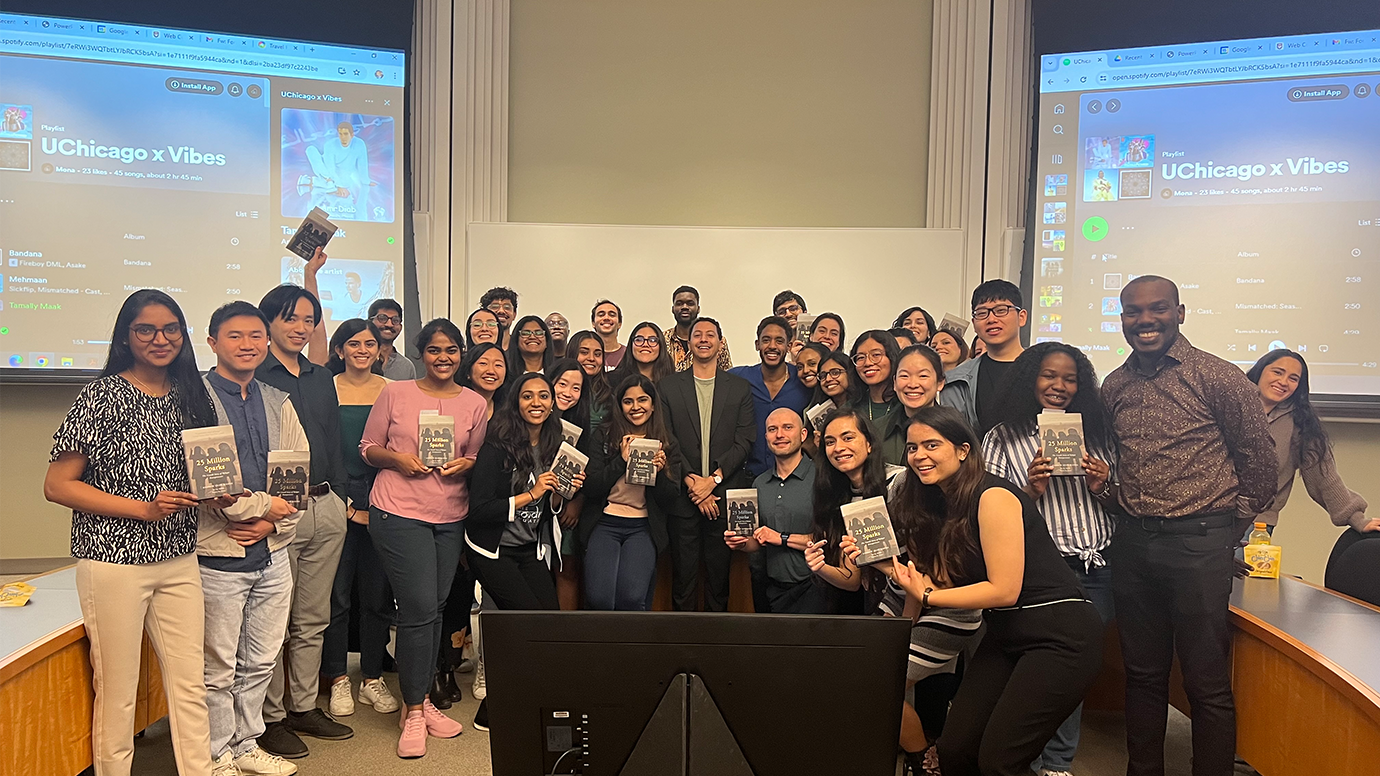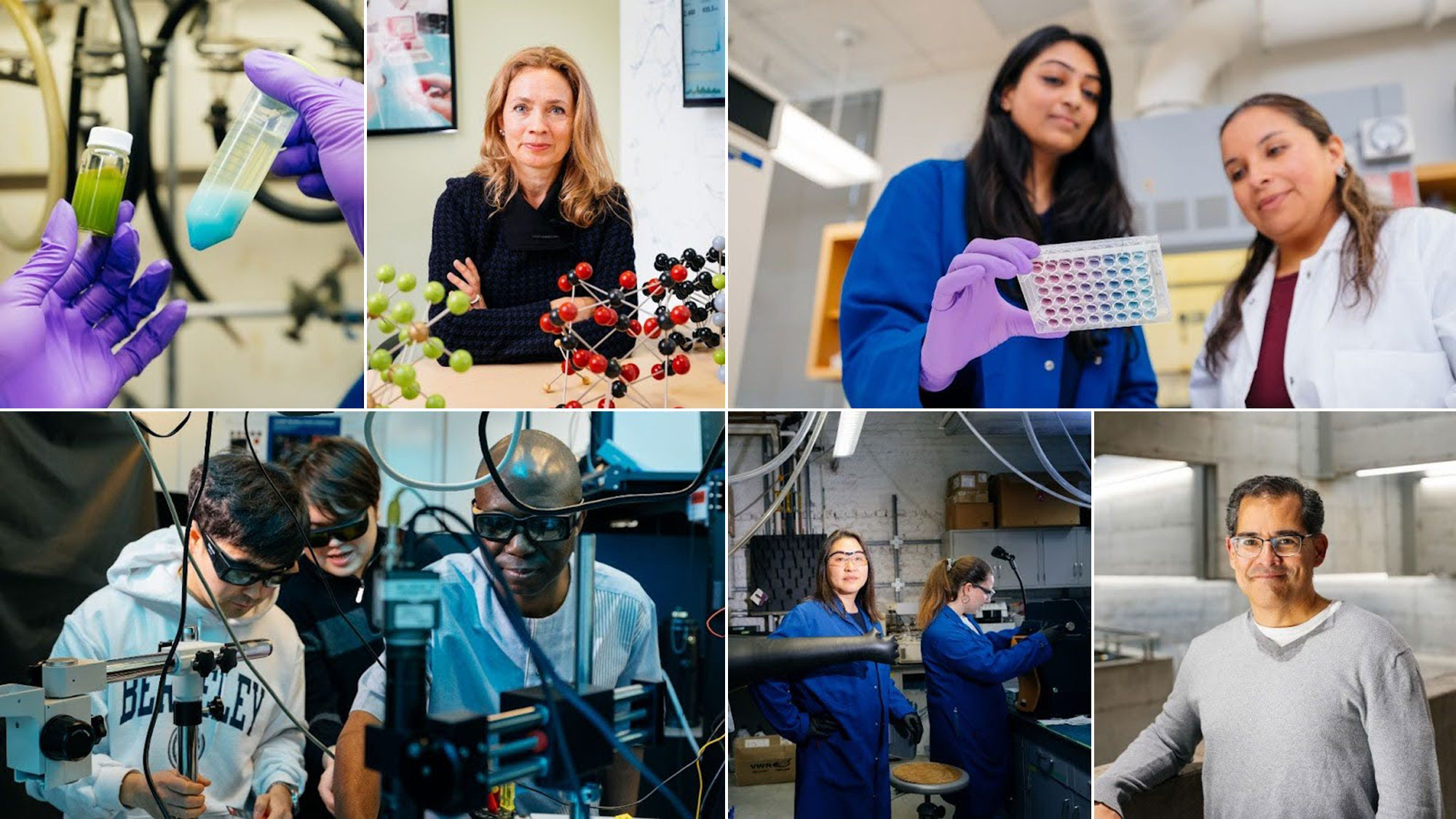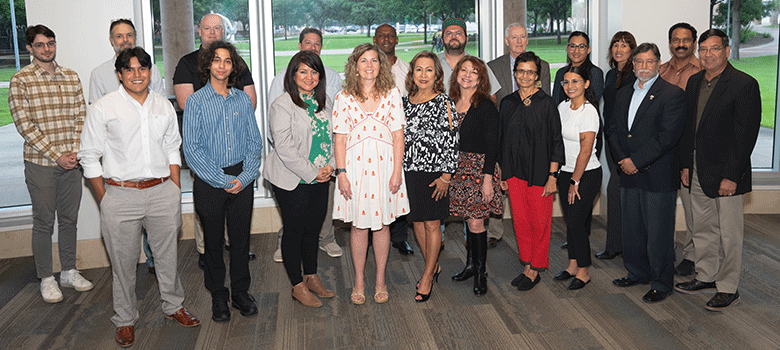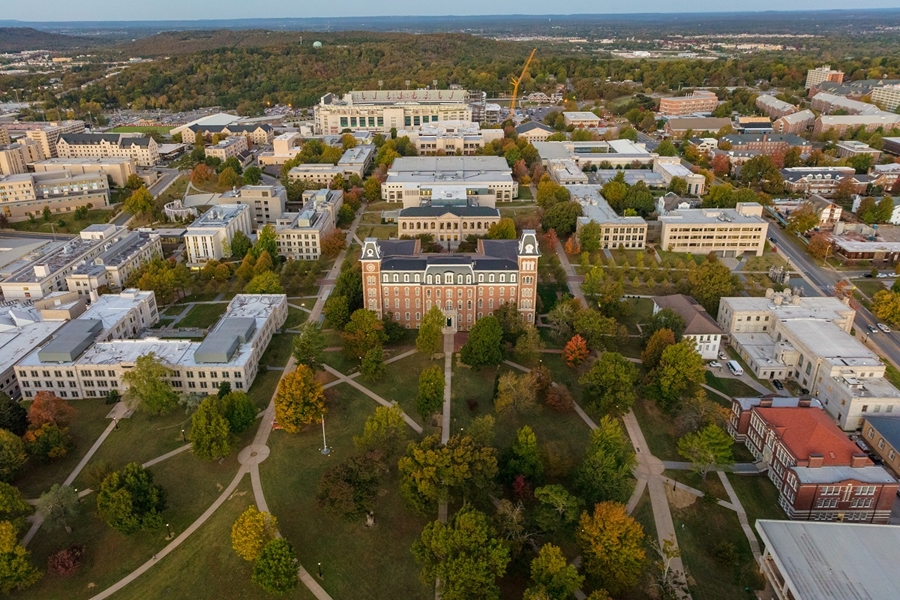Aspiring social entrepreneurs face a myriad of challenges when trying to tackle some of the world’s most pressing problems. From developing a viable idea to securing funding and navigating the complexities of implementation, the journey can be daunting. However, a new course at the University of Chicago Booth School of Business is providing a platform for the next generation of social enterprise leaders to hone their skills and overcome these challenges.
The Global Social Entrepreneurship Lab at the University of Chicago Booth School of Business offers students a unique opportunity to work with founders of social ventures on mission-critical projects while simultaneously designing and developing their own ventures. The course, led by Andrew Leon Hanna, adjunct assistant professor of management, aims to help students identify their deeper purpose and inspire ideas for their own social entrepreneurship journeys.
Hanna, who is also closely involved with Booth’s Rustandy Center for Social Sector Innovation, launched the experiential learning course with 37 Booth and Harris School of Public Policy students. The diverse group of students, with family backgrounds spanning over 20 nations, came together with the common goal of making a positive impact on issues such as malaria prevention in Nigeria and gender equality in India.
One student, Laura Odette Garcia, had a long-standing dream of starting her own social venture. With a background in finance and a passion for helping underserved communities, Garcia was placed in a group working with the Global Fund for Widows. Through her work with the organization, Garcia gained valuable insights into scaling a nonprofit and empowering women through financial access. Inspired by her experience, Garcia developed Pre$tanda, a digital platform that provides educational resources and microloans to Latin American women business owners.
Another student, Laurene Amoit, worked with Native Renewables to bring off-grid solar energy to Indigenous homes in the United States. Through the course, Amoit developed Matricare, a platform that connects women of color with maternal healthcare professionals to address discrimination in maternal care. Drawing from her experiences in Kenya and the U.S., Amoit aims to reduce disparities in maternal health outcomes and ensure women feel heard and supported during pregnancy.
The Global Social Entrepreneurship Lab not only provides students with hands-on experience in social entrepreneurship but also offers mentorship, guidance, and a supportive community of like-minded individuals. Through the course, students like Garcia and Amoit have been able to turn their ideas into actionable ventures that have the potential to create meaningful change in their respective communities.
In conclusion, the Global Social Entrepreneurship Lab at the University of Chicago Booth School of Business is empowering the next generation of social entrepreneurs to address complex social issues with innovative solutions. By providing a platform for students to develop their ideas, collaborate with social ventures, and receive mentorship, the course is equipping aspiring social enterprise leaders with the skills and knowledge needed to make a positive impact in the world.




















